The human brain is only meat. The enigma has always been how a mere hunk of matter can be conscious, and can reason, create, fantasize and feel. At least one of the crucial answers is that, in a chaotic, uncertain world in constant flux, the brain learned to predict. Prediction fuels a variety of mental states, including perceiving and imagining, and the intentions that lead to our actions are expressions of these mechanisms. A complicated web of neurological connections at a variety of levels generates these predictions – probabilistic assessments of the immediate future. The “predictive processing (PP)” theory offers an intriguing perspective on the way the human brain interacts with the world.
The brain makes predictions based on an incoming torrent of sensory information.
It seems incredible that brains are chunks of meat that think, and much more besides. Brains make inferences, they have intentions, they imagine fictional worlds, they have frightening dreams, and they feel emotions like anger and love. Regardless of what brains are made of – in science fiction stories, they can be made from silicon or non-carbon-based materials – it remains something of an enigma how any form of matter can be conscious or dream. One way into solving this problem is through the concept of “prediction.” Predictions help the brain navigate the constant, cacophonous flood of incoming sensory information. By attempting to continuously predict the next piece of incoming sensory information, human beings interact with the world through what they think and what they do.
These probabilistic predictions also incorporate degrees of uncertainty. At the neurological level, this means that collections of neurons must be able to predict “organism-salient regularities,” at a variety of dimensions and scales, ultimately revealing a world shaped by human needs. ...
Professor of cognitive philosophy at the University of Sussex Andrew Clark also authored Supersizing the Mind: Embodiment, Action, and Cognitive Extension.









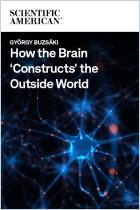
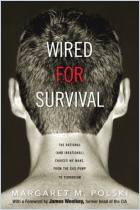
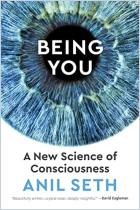


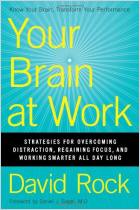
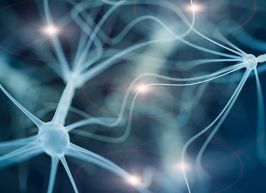


Comment on this summary or 开始讨论